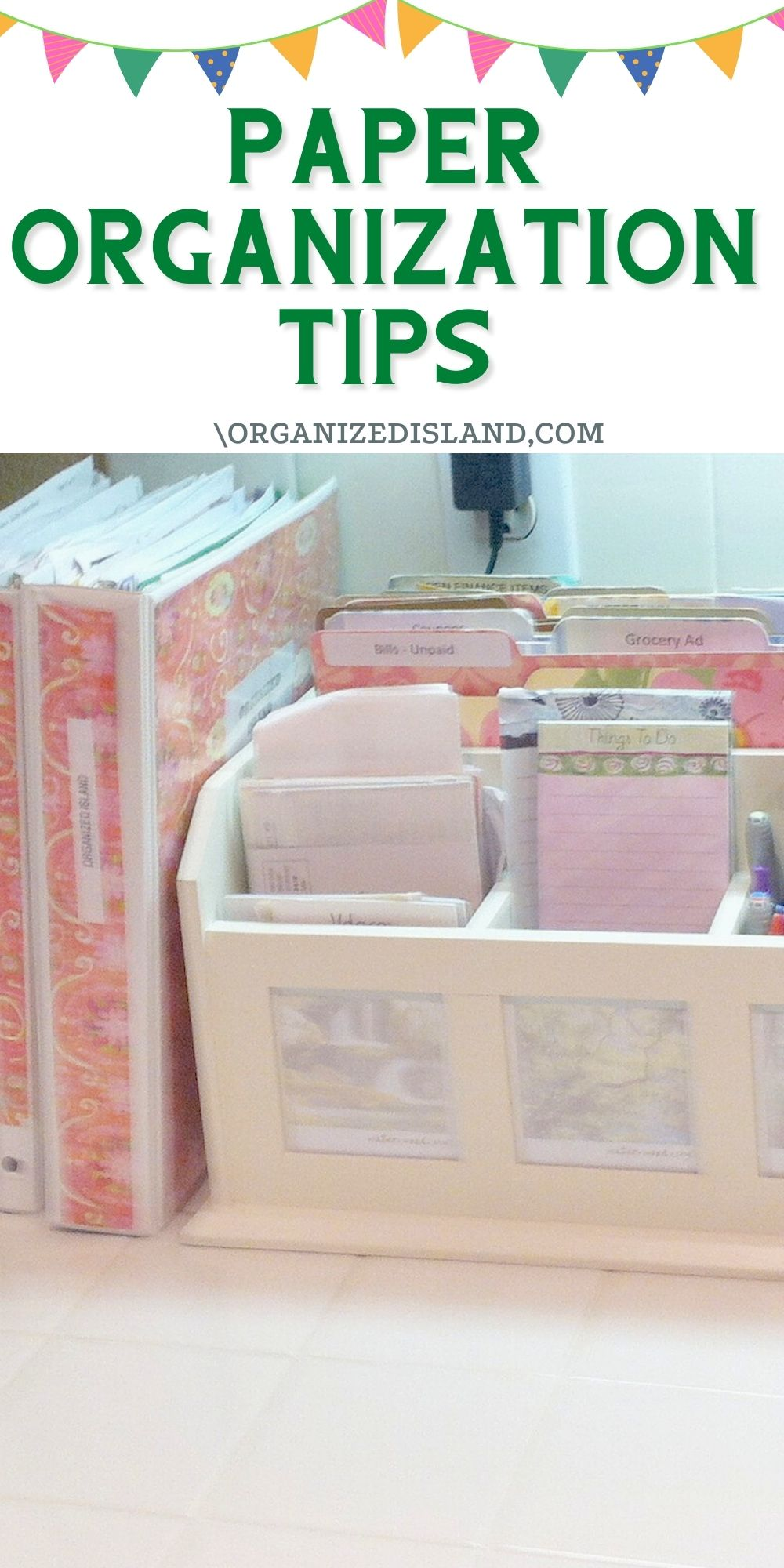Organize Your Baby's Paperwork with Ease

The arrival of a new baby brings with it an array of paperwork that needs to be meticulously managed. From birth certificates to vaccination records, keeping all these documents in order can seem overwhelming. However, with the right strategies and tools, organizing your baby's paperwork can become a stress-free part of your parenting journey. Let's explore how you can manage your baby's essential documents with ease.
Start with a Plan

Before diving into the documents, it's beneficial to have a clear organizational plan. Here's what you should consider:
- Identify Document Categories: Understand the different types of paperwork you'll be handling, such as medical records, legal documents, financial statements, etc.
- Prioritize Documents: Not all documents are equally important. Rank them by frequency of use or criticality.
- Choose Your Organizational Tool: Physical files, binders, digital files, or cloud storage solutions like Google Drive, OneDrive or DropBox.
🗂️ Note: When prioritizing documents, consider how often you might need to access them. Medical and legal documents often require quick access, while others might be stored away safely.
Essential Documents for Your Baby

Here's a list of key documents you'll need to keep organized:
- Birth Certificate: Obtain and keep several copies.
- Social Security Number: For US families, this number will be used frequently for various purposes.
- Vaccination Record: Essential for health records and school enrollment.
- Health Insurance Information: Keep copies of your baby's health insurance card or policy details.
- Hospital/Discharge Records: These might include Apgar scores, initial health assessments, etc.
- Milestone Records: Growth charts, developmental check-ups, etc.
Organize Physically

If you prefer a tangible solution:
- Create Folders: Use color-coded folders or binders for different document types. For example, use blue for medical, red for legal, and green for financial records.
- Label Everything: Clearly label each folder or binder with the content type or document titles.
- Use Tabs: If using binders, tabbed dividers help to separate different categories within the same binder.
Organize Digitally

For a digital approach:
- Scan Documents: Scan important physical documents into PDF format.
- Use Cloud Storage: Services like Google Drive or Dropbox can provide easy access to documents from anywhere.
- Create Digital Folders: Organize files into folders named similarly to your physical ones.
- Backup: Ensure you have multiple backups of all digital files, perhaps using an external hard drive or cloud backup services.
📅 Note: Keep a regular schedule for updating your digital records, especially for health-related documents that can change frequently.
Utilizing Technology for Seamless Organization

Technology can be a great ally in organizing your baby's paperwork:
- Document Management Apps: Apps like Evernote, OneNote, or Microsoft Lens allow you to scan, organize, and search documents easily.
- Family Organizer Apps: Look for apps tailored for family organization, which can also include features for managing baby's documents.
- Digital Forms: Many services now allow you to fill out forms digitally, which can be saved directly into your digital organizational system.
Key Points to Remember

Here are some general tips to ensure your documents stay organized:
- Consistency: Make organizing a routine activity rather than a one-time effort.
- Accessibility: Keep important documents easily accessible, either physically or digitally.
- Privacy: Ensure documents containing sensitive information are securely stored.
- Duplication: Have at least one backup copy of critical documents, stored in a different location.
In summary, organizing your baby's paperwork involves a blend of physical and digital strategies tailored to your lifestyle. By categorizing documents, using a combination of color-coding, labeling, and digital tools, you can ensure that your essential baby documents are not only organized but also readily accessible when needed. Remember, the goal is to reduce stress and make sure that in the midst of raising a newborn, managing paperwork becomes an efficient and manageable task.
How often should I update my baby’s records?

+
Update records at least quarterly or whenever there is a significant change in your baby’s health, legal status, or any other important documentation.
What should I do if I lose an important document?

+
Contact the issuing agency or institution for a replacement. If possible, having digital copies or knowing the steps to replace documents can expedite the process.
Can I keep all my baby’s paperwork digitally?

+
Yes, you can, especially with secure cloud storage services. However, having some physical copies for documents like birth certificates might be necessary for certain legal processes.



